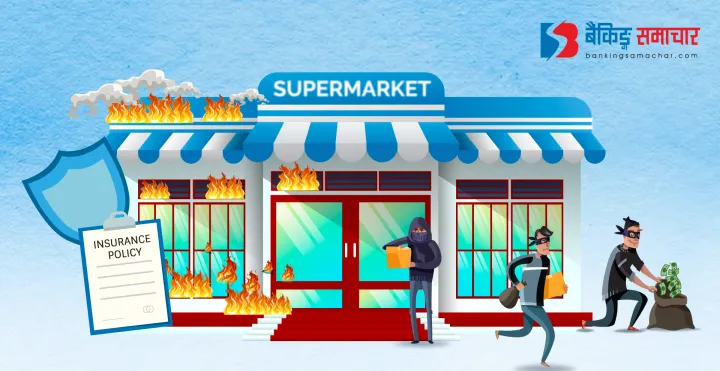Insurance in Nepal, while primarily defined as risk management, has increasingly been misused by individuals looking to exploit the system for financial gain. This has led to a rise in fraudulent activities, including crimes like murder, arson, and theft, all orchestrated to claim insurance money. As insurance companies have gained momentum in the market, these malicious acts have become more prevalent, even though insurance coverage has only reached around 43% of the population.
There have been several high-profile cases that have highlighted the extent of this issue. For example, in 2079, a woman in Saptari murdered her husband to collect insurance money. Similarly, a case involving a fake marriage to claim insurance benefits worth millions was exposed by the police. In another instance, a shop owner in Pokhara set fire to his own store to claim an insurance payout of 21 million rupees, while in Chitwan, a gold merchant falsely reported a theft in his store to claim a significant insurance sum.
These fraudulent actions have led to a growing mistrust between insurers and the insured. Insurance companies have become increasingly cautious, often reluctant to process claims without thorough investigation. This suspicion has led to a large deployment of manpower for field surveys, which can delay legitimate claims and cause frustration for honest policyholders.
The situation has also become a headache for regulators, like the Insurance Authority, which is responsible for overseeing the industry. The authority has been forced to address the rising number of fraudulent claims, which not only damage the reputation of the insurance sector but also complicate the claims process for genuine victims.
Sunil Ballabh Pant, the CEO of NLG Insurance, warns that the increasing financial crimes committed by policyholders risk bringing disrepute to the entire insurance industry. As insurance companies become more vigilant, there is a growing concern that this heightened suspicion may lead to unnecessary difficulties for those with legitimate claims, further complicating the insurance landscape in Nepal.



 About Us
About Us
Comment